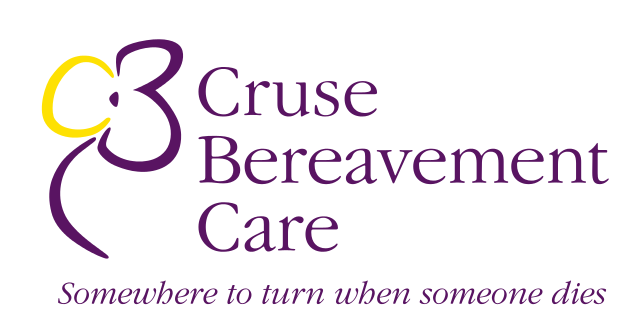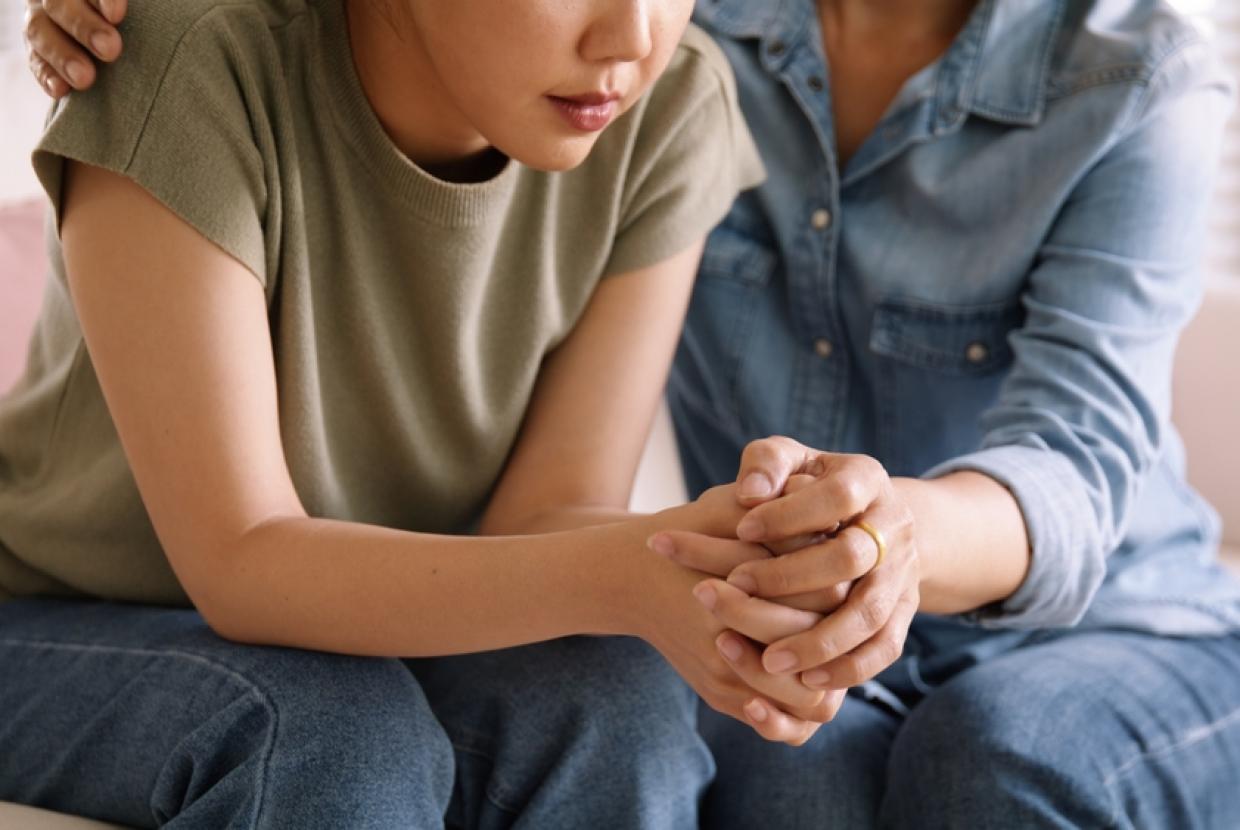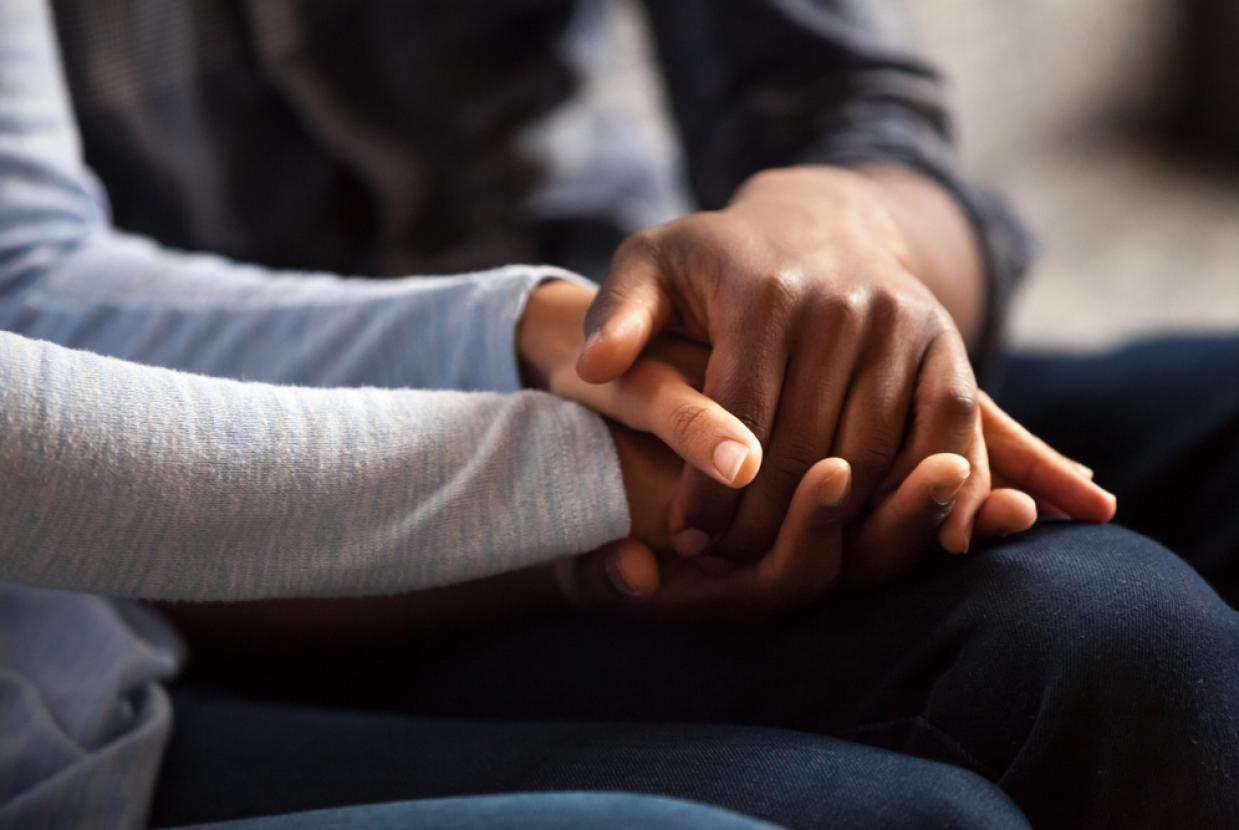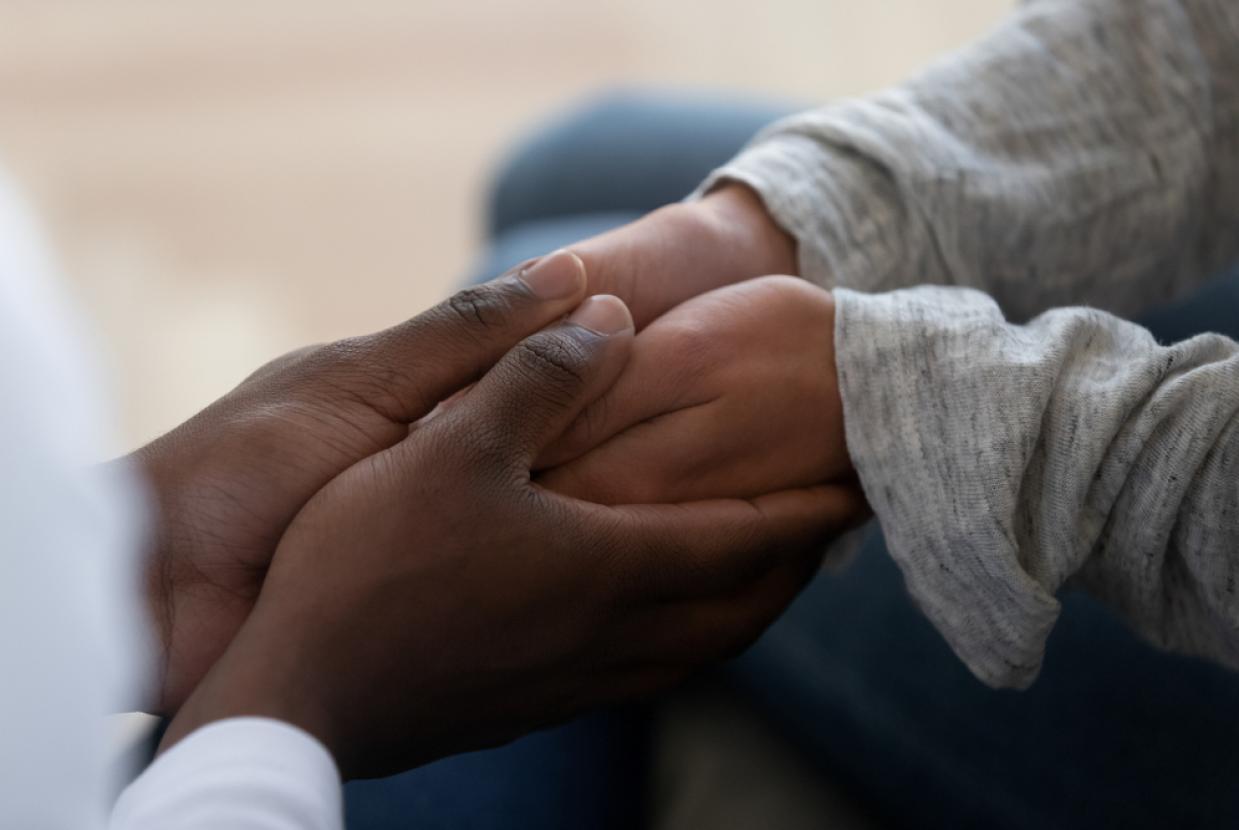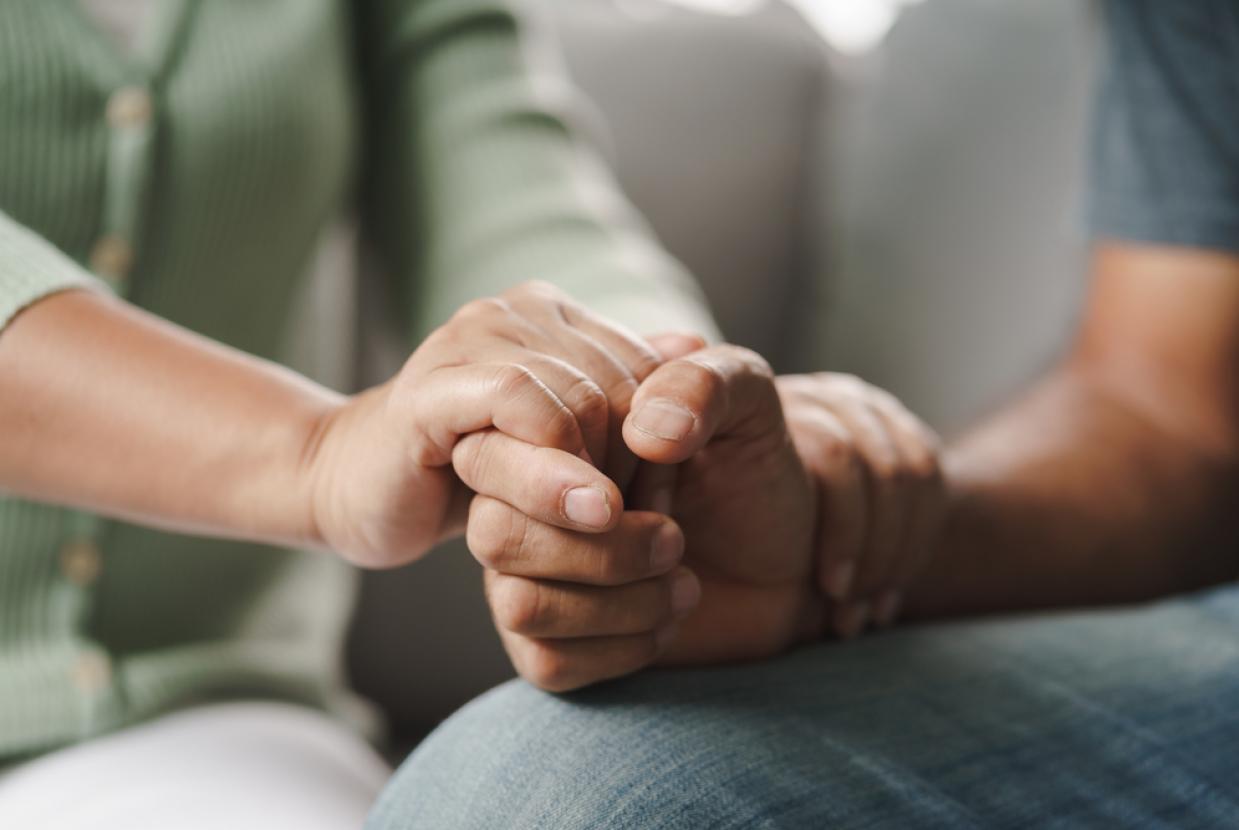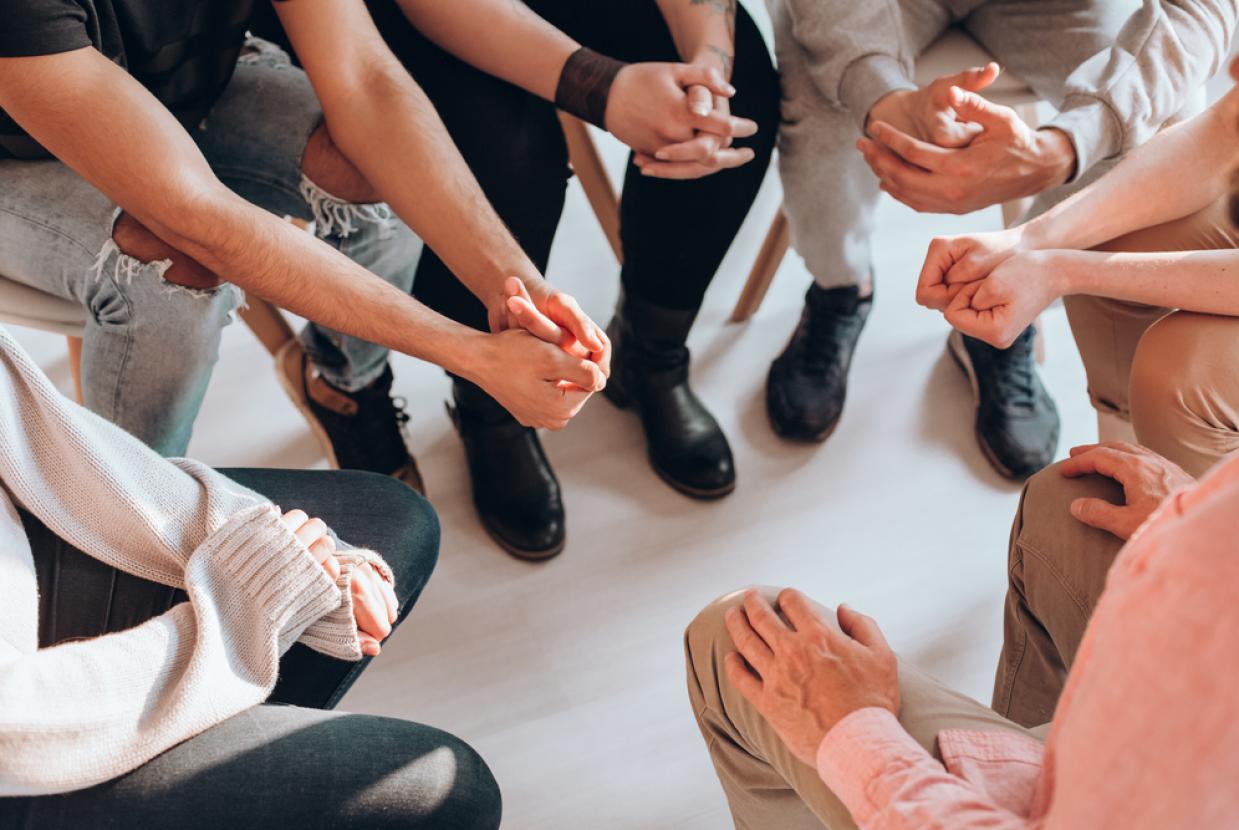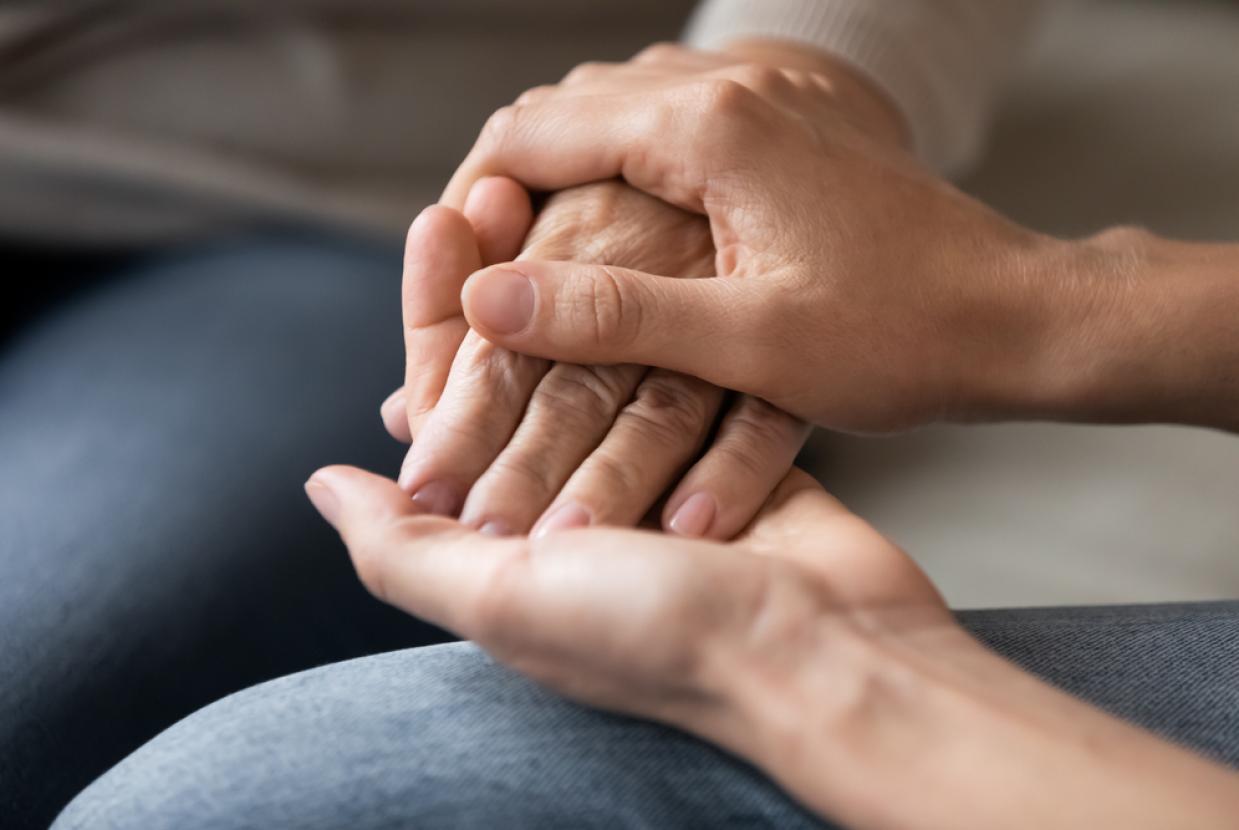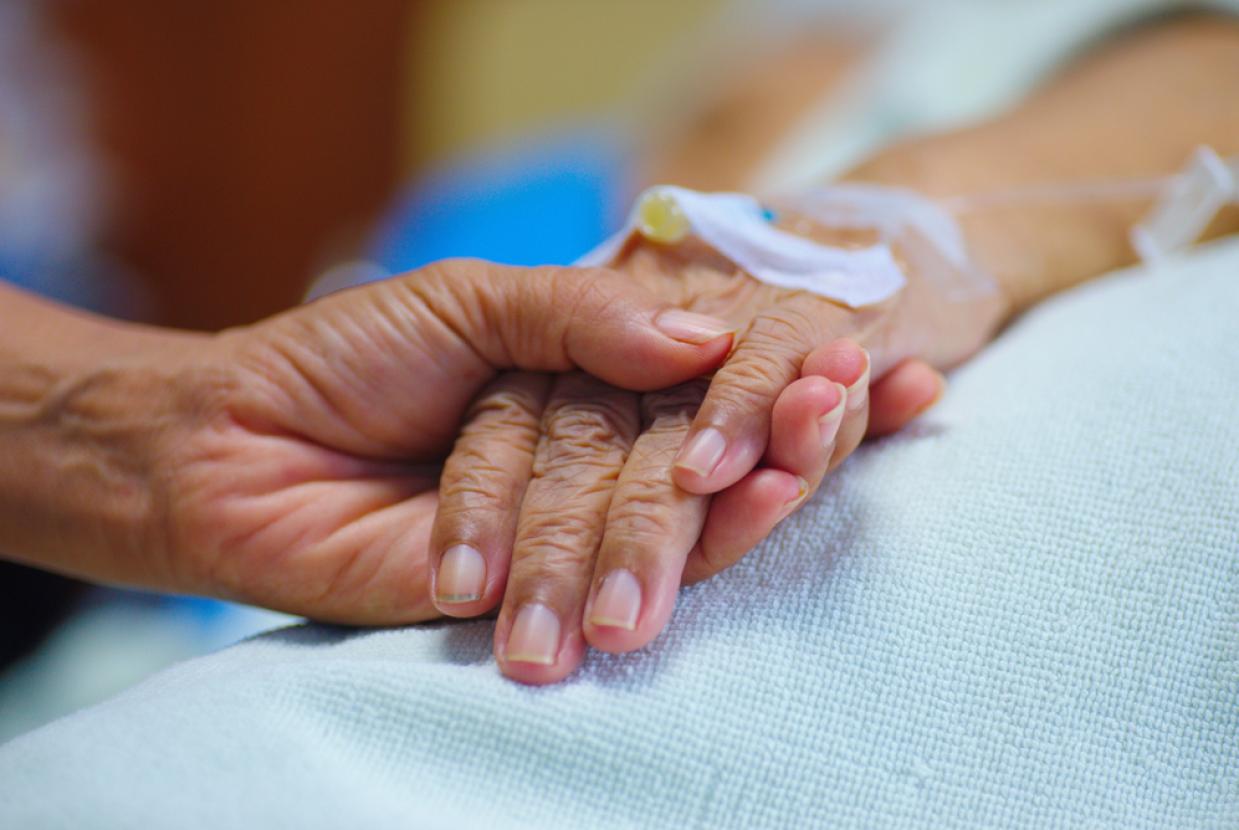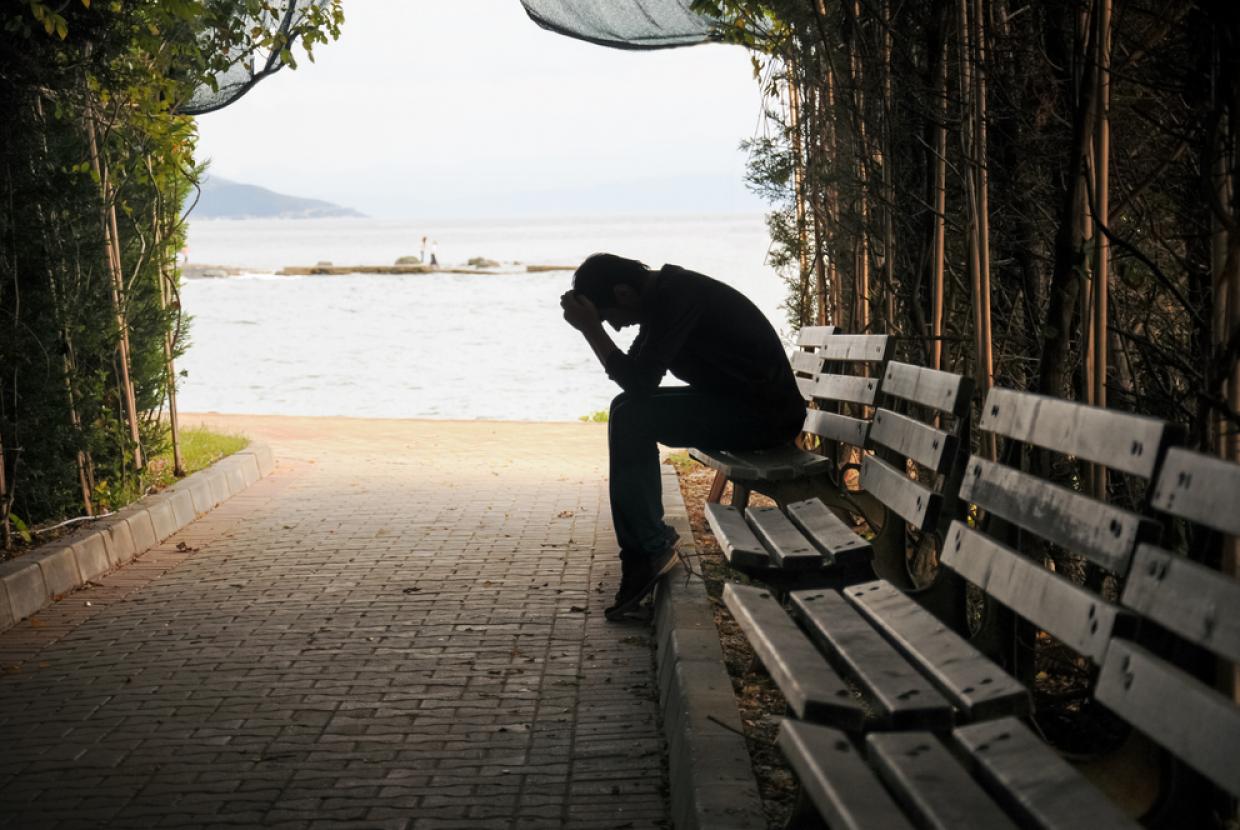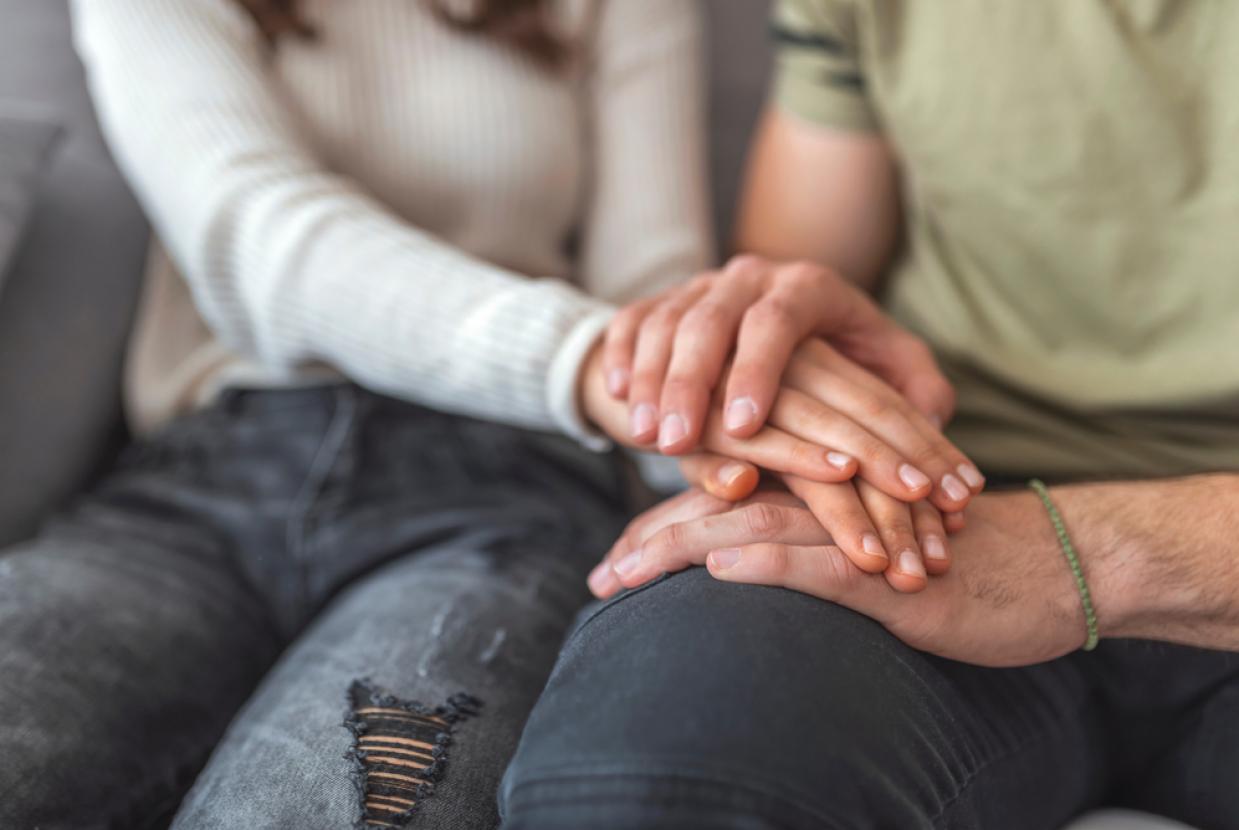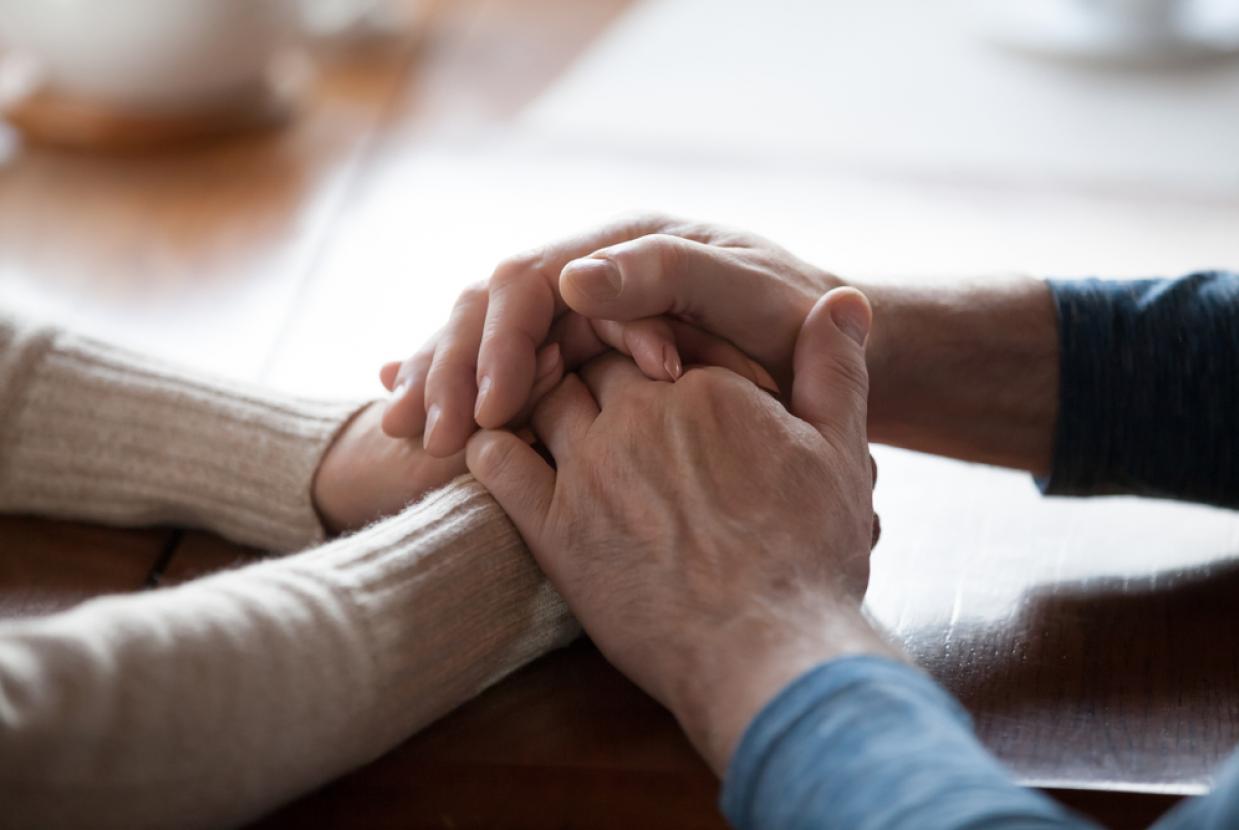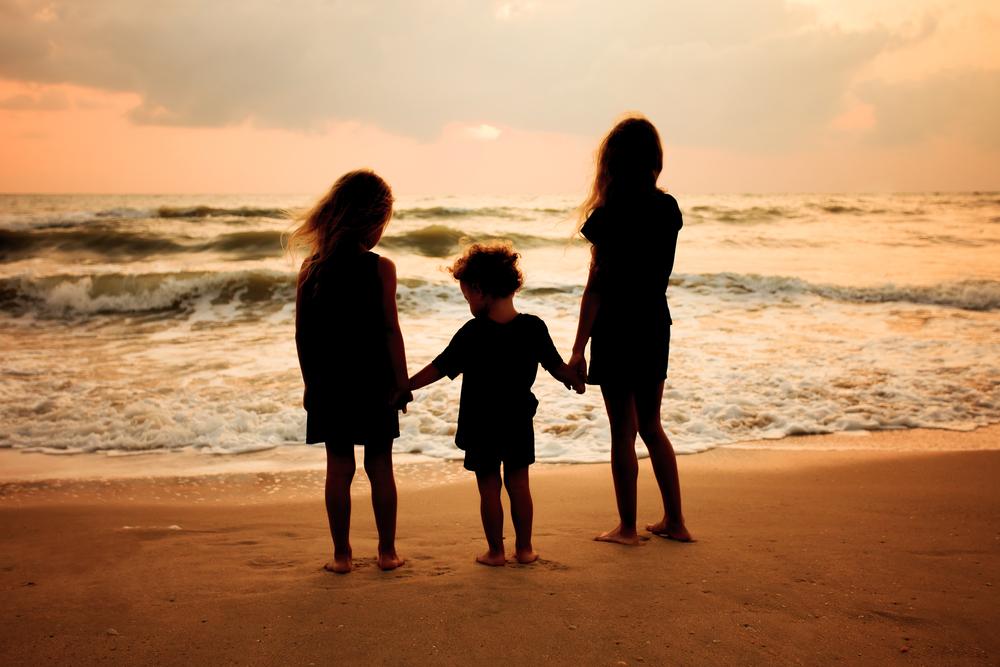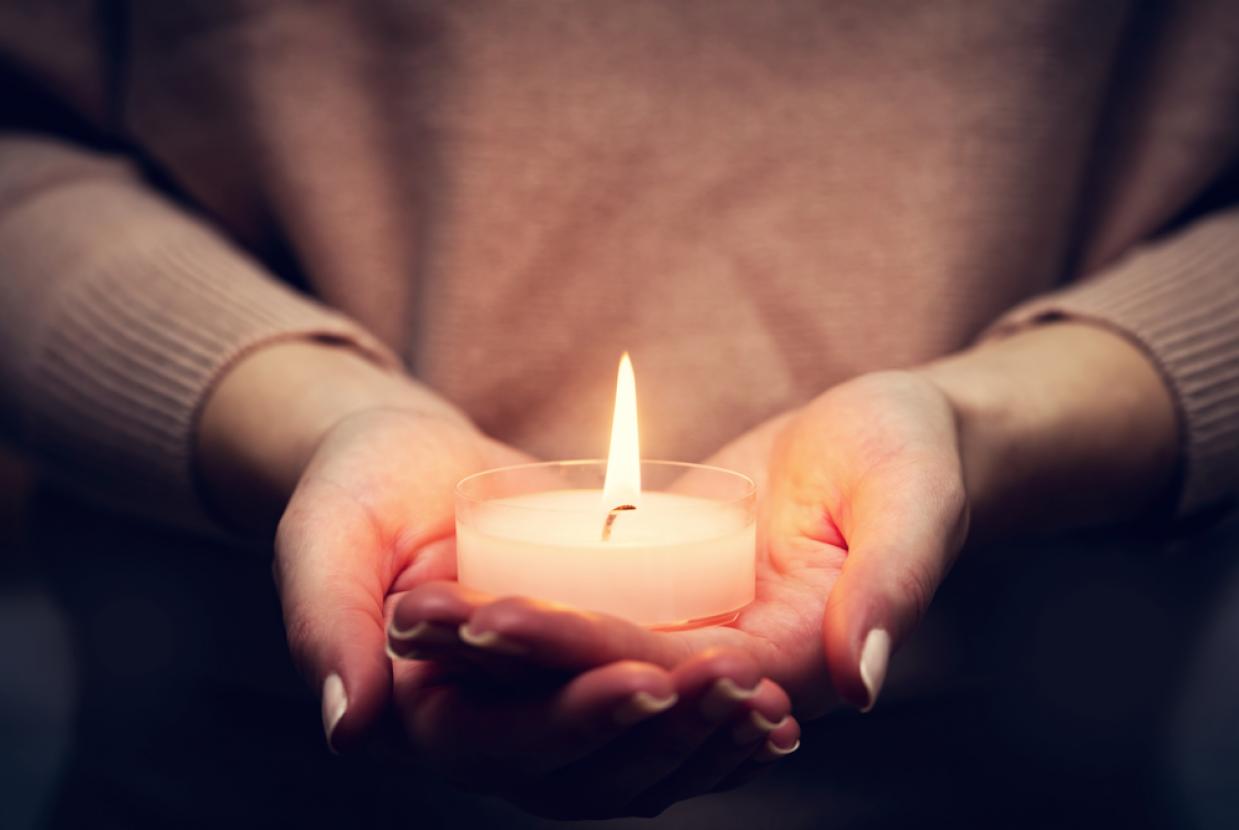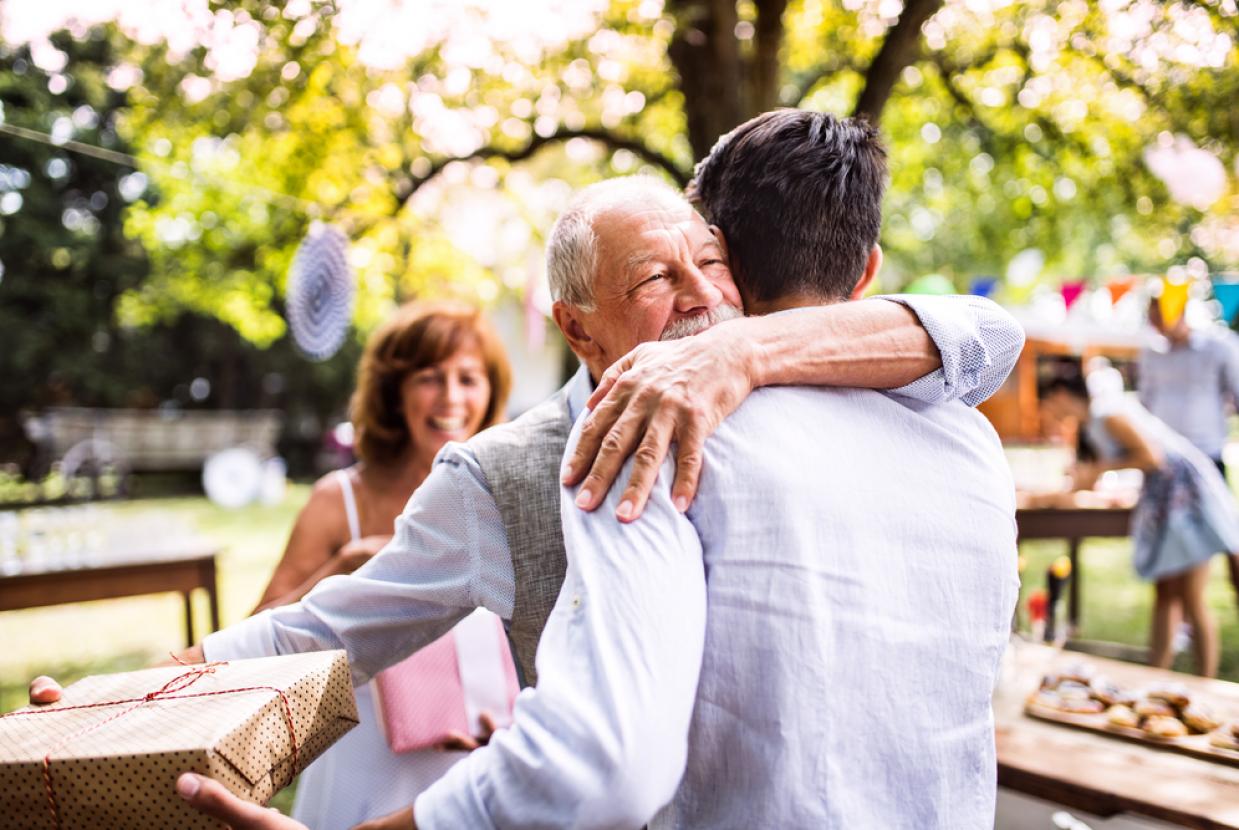Grief & Depression
Feelings of sadness and hopelessness are really common after someone dies. These feelings are often referred to in every-day life as ‘depression’.
Sometimes people who are grieving might wonder if their feelings have changed from what they think of as ‘normal’ grief, and become a sign that they might be depressed.
What’s the difference between grief and depression?
It’s important to remember these terms are just labels. There is no easy way of fitting complicated human feelings into neat categories. Grief can be an overwhelming experience and it affects every part of our lives, including our mental and physical health.
Clinical depression is the name for when deep sadness persists over weeks or months. These feelings are also after someone dies, and of course it is possible to be depressed while you are grieving, and vice versa.
What is complicated grief?
Another term you might sometimes hear is complicated grief. It generally refers to situations is struggling to cope with the emotional impact of grief and deal with everyday life many months after a bereavement. It is often associated with situations where the death was very tragic, traumatic or unexpected.
When is it time to ask for help?
We experience a wide range of feelings and physical experiences after someone dies. Usually these feelings do change over time and slowly become more manageable. If our feelings don’t change and we start to feel stuck it can be useful to get support. If you notice that it’s affecting large parts of your life – for example you can’t get to work or can’t get out of bed – it might be time to reach out for help.
Asking for help
Finding the words to explain how you are feeling can be difficult. It can help to find a bit of time to think about what you want to say beforehand.
If you don’t have anyone you feel able to speak to, or you need help from someone not part of the situation, you can talk to to us. You can also speak to your GP if you are concerned about depression or other ongoing mental health issues. Find out how to get grief support.



